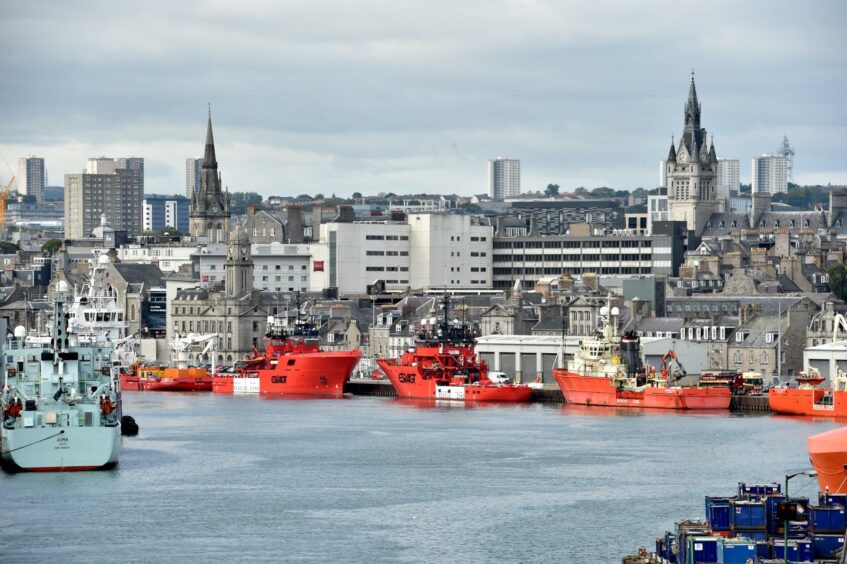
Areas of the UK hardest hit by job losses from decarbonising industry will miss out
on levelling-up funding and face losing more employment, according to a new study.
The Royal Society of Arts (RSA), which carried out the research, is urging ministers to do more to support regions at risk of being left behind in the switch from industries such as oil and gas production to greener ones.
The society’s newly published Decarbonisation Dynamics study of the most polluting sectors warned the move to a “green” economy risks jobs, even with government levelling-up funding.
The RSA said areas such as Aberdeen, Port Talbot in Wales and Stratford-upon-Avon in England could be affected if the use of fossil fuels drops and jobs in
steel manufacturing and car production decline.
Its report calls for a Just Transition Fund to support regions impacted by a decline in “polluting jobs”, warning up to half of places that will be hit hardest by job losses from decarbonisation are not in the government’s top priority areas for levelling-up funding.
Aberdeen tops a list of areas with the highest concentration of workers in the fossil fuels and energy production industry, at 11%.
The report says that while some of the areas with the greatest levels of jobs in the sector have high renewable energy capacity, in others workers may lack sufficient opportunities to transition into green jobs.
Only half of the 20 most fossil fuel-reliant parts of the UK are in the government’s levelling-up priority category.
The report also calls for government to work with local authorities to create “job security centres” in the hardest hit areas to pilot new transition services through the JobCentre Plus network.
It says these more “end-to-end” services should include data-driven insights about local labour markets, as well as career coaching and access to training opportunities, or business start-up support to help workers find jobs in future industries.
And it suggests they should include experiments with new approaches to welfare, such as transitionary basic income.
Fabian Wallace-Stephens, senior researcher at the RSA, said: “Decarbonisation is essential and can lead to a better future for workers and communities, but only if the state takes an active role in shaping local labour markets through investment, skills training and better welfare support.
“But at present, many of the areas where the impacts will be most acutely felt are not in the priority categories for levelling-up funding.
“We need to make sure that decarbonisation policy and levelling-up policy work hand in-hand to secure a better future for the most affected communities.”
